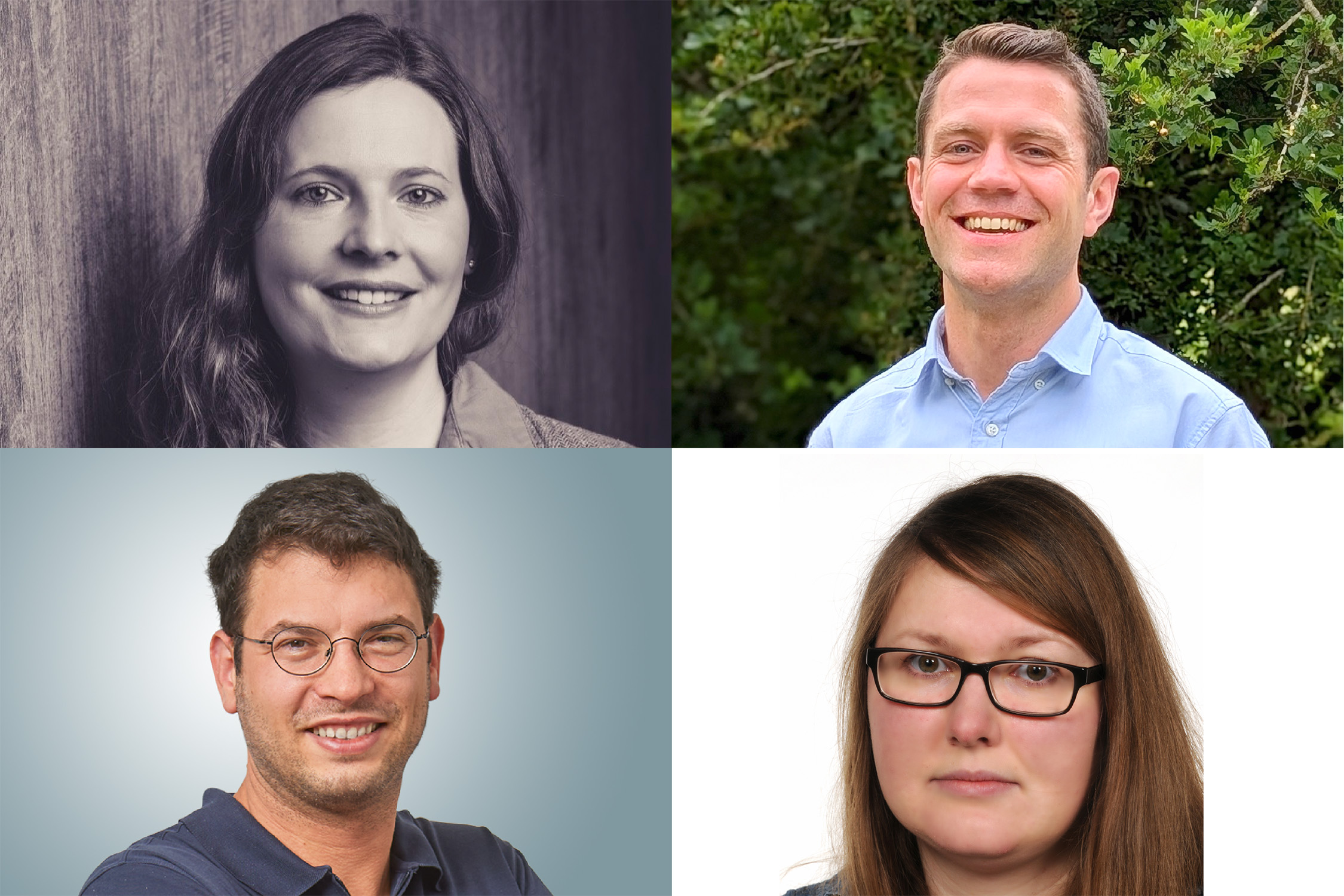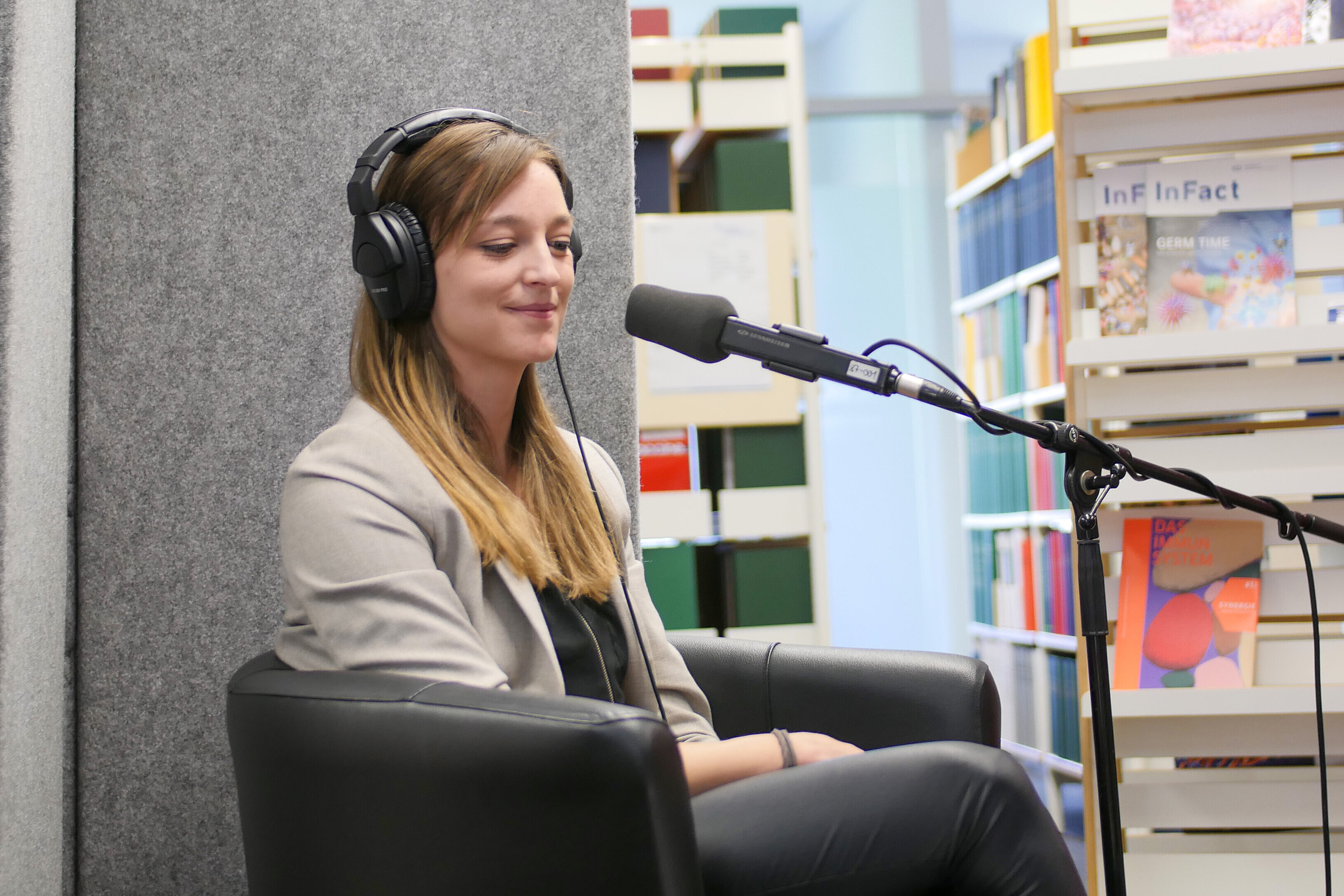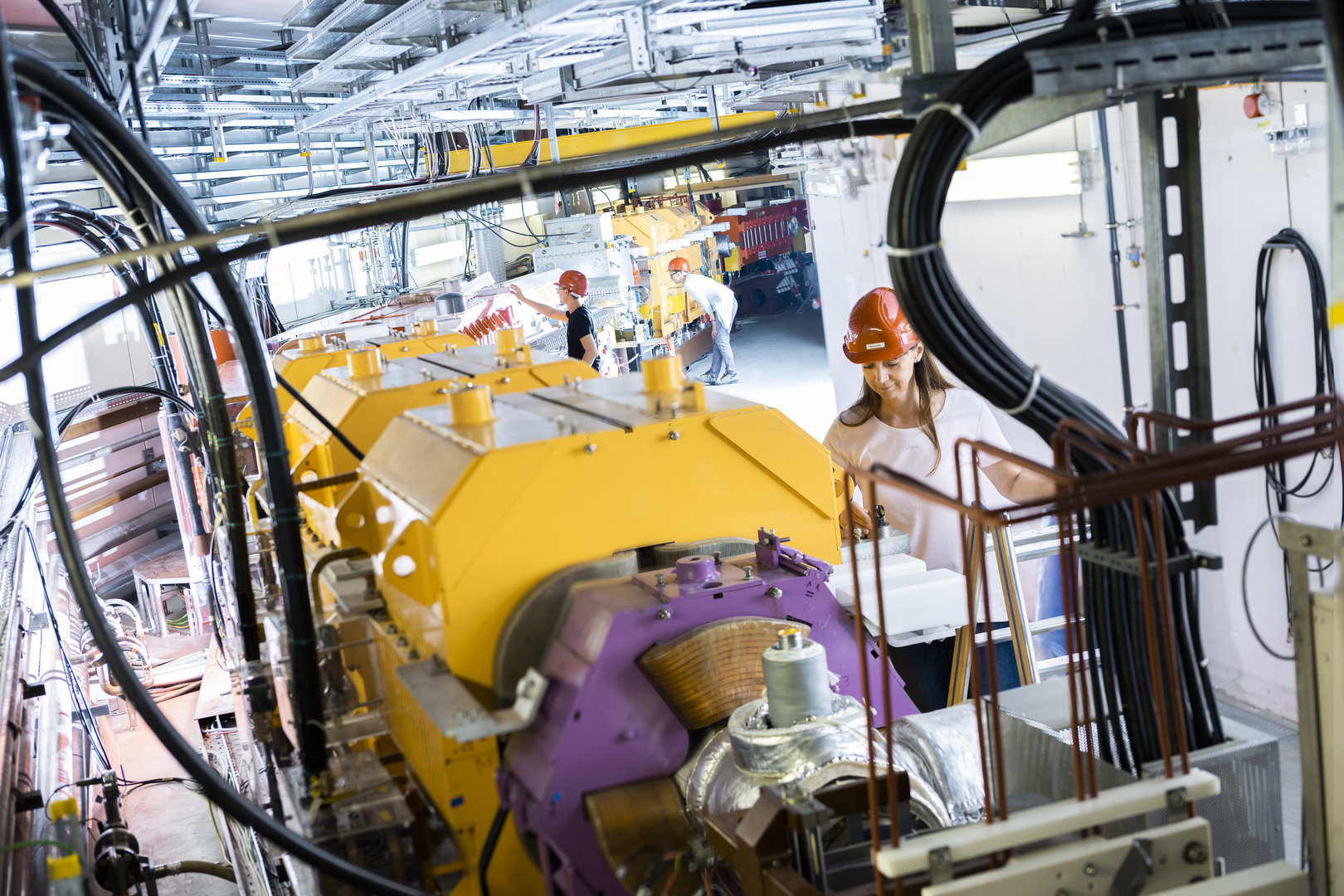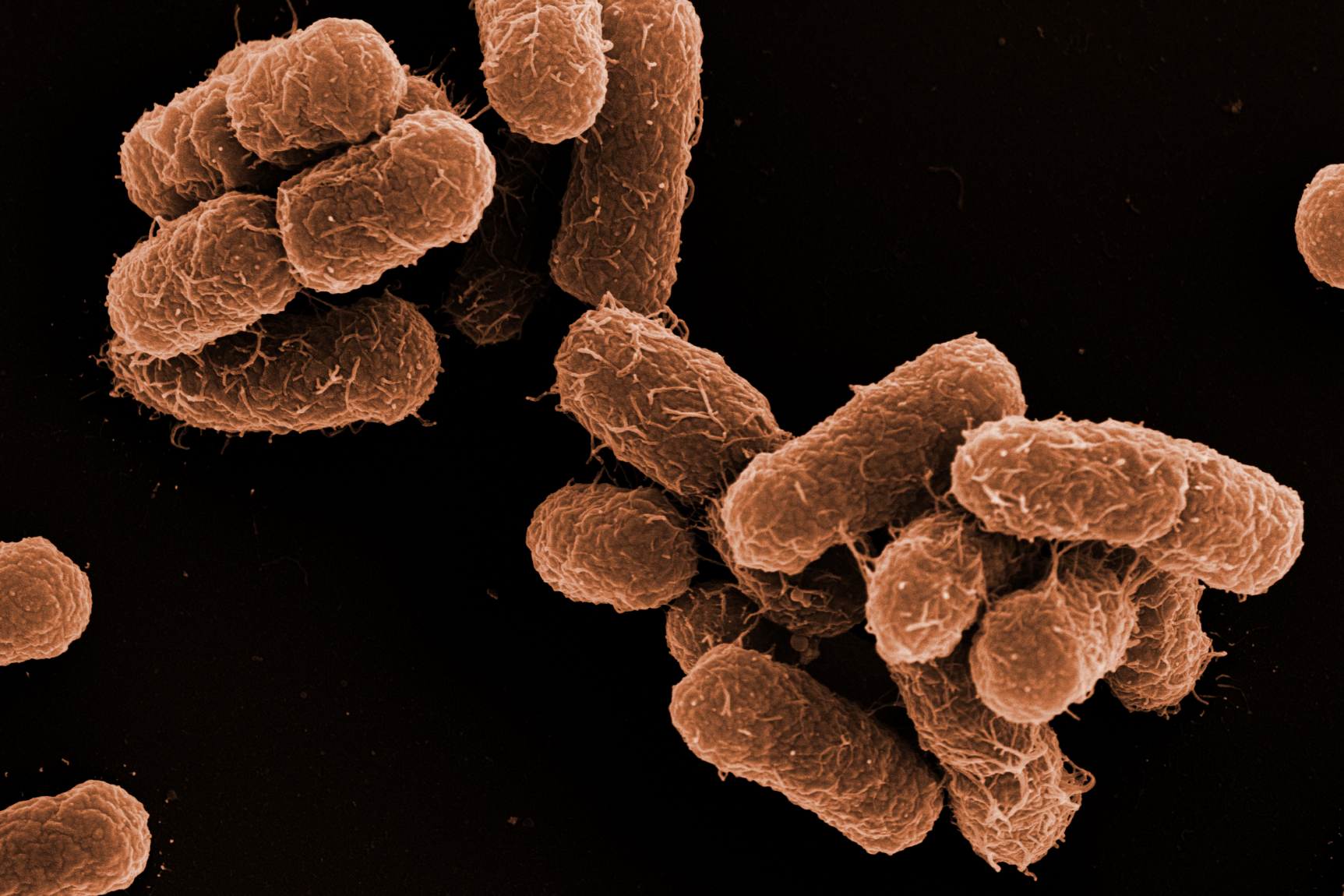The ability to react to changes, to survive in existing habitats and to colonize new ones is a prerequisite for prevailing in the course of evolution. These principles of resilience and adaptability, especially in microorganisms, are at the heart of the HZI project MICROSTAR. The researchers want to decipher the principles and use them for the benefit of humans and nature.
“I am delighted that we have such an innovative line-up of junior research groups in the MICROSTAR project and would like to welcome Lina Herhaus, Martin Jahn, Milan Gerovac and Natalia Torow to the HZI! I am confident that with them we have brought future leaders of infection research to our center,” says Prof. Josef Penninger, Scientific Director of the HZI.
Dr. Lina Herhaus, who previously worked at Goethe University Frankfurt am Main, will take over as head of the junior research group “Immune Signaling”. Her research focuses on the interplay between signal transmission, autophagy and infection. Dr. Martin Jahn and his junior research group “Bacterial Infection Ecology” will develop new tools to better understand the gut microbiome in health and disease. He most recently conducted research at the University of Oxford, United Kingdom. Dr. Milan Gerovac's junior research group “Complexes in Phage-infected Cells” investigates the biology of jumbo phages and develops medically relevant tools. Since 2020, he has been carrying out research at the Helmholtz Institute for RNA-based Infection Research (HIRI), a site of the HZI in cooperation with the Julius-Maximilians-Universität Würzburg (JMU). Dr. Natalia Torow was recruited to the HZI from the University Hospital RWTH Aachen. Her junior research group “Early Life Immunity” investigates neonatal immunity in the gut and how this affects vaccinations and infections in newborns.
In addition to leading junior research groups at the HZI, junior professorships (W1) are being sought at Hannover Medical School (MHH) and Technische Universität Braunschweig. The scientists will establish their research groups at the Science Campus Braunschweig-Süd.
The HZI is also currently recruiting further junior research group leaders via the HUMAN (Human Microbe Alliance for Universal Health) project to explore the human ecosystem. The call is aimed at scientists in the fields of basic research and transformative technologies as well as clinician scientists. “Our goal is to create an environment where aspiring scientists can unleash their full potential and contribute to groundbreaking discoveries in their respective fields,” says Penninger.

![Dr Charlotte Schwenner [Translate to English:] Charlotte Schwenner](/fileadmin/_processed_/6/9/csm_Charlotte_Schwenner_7952cfe0a7.webp)



